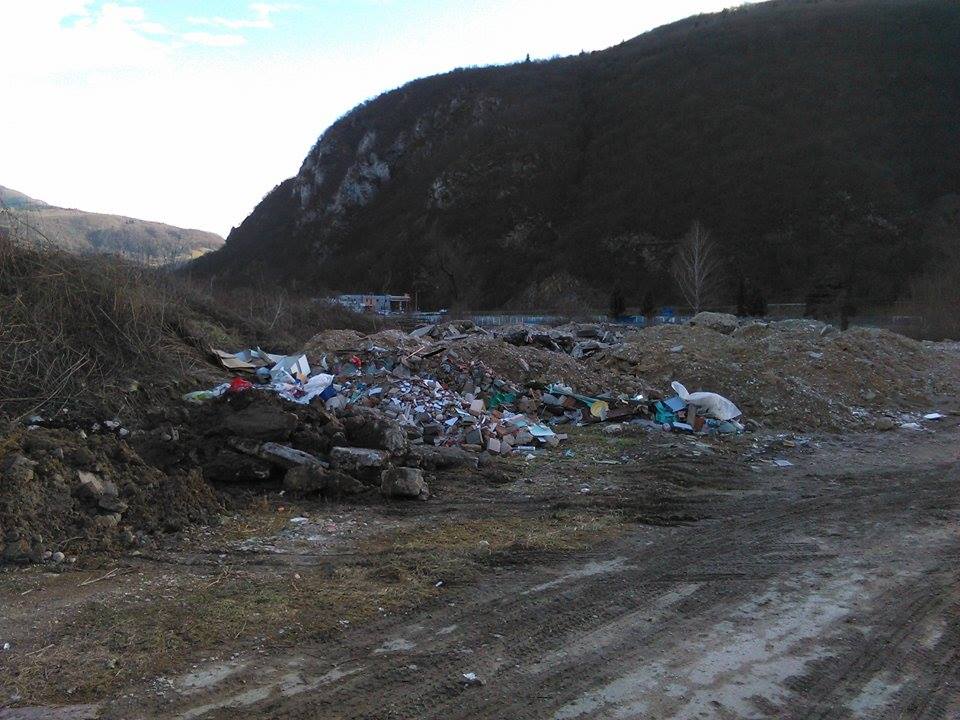
70 young Bosnians were surveyed about the causes of pollution. Half responded that they throw away glass bottles without ever thinking about where the waste will end up. Around 92% of respondents believe that there are not enough dumpsters for the various types of garbage near the places they live.
70 young Bosnians were surveyed about the causes of pollution. Half responded that they throw away glass bottles without ever thinking about where the waste will end up. Around 92% of respondents believe that there are not enough dumpsters for the various types of garbage near the places they live.
President of the Center for the Environment in Banja Luka, Nataša Crnković, stated that there was a noticeable change regarding environmental awareness among citizens, but this awareness is still insufficient.
“The relevant authorities at all levels of government have yet to deal with environmental issues in a serious and systematic way,” stressed Crnković, while also pointing out that there is not enough available information about environmental issues and that the NGOs who decide to work on such issues are faced with a lack of financial support.
Crnković also talked about the Center for Environment and their initiative to protect the green space where authorities approved the construction of a church, which faced an avalanche of resistance. She added that the Center has also continued their campaign “The Battle for Sutjeska” which fights against plans to build hydroelectric power plants on the Sutjeska and Hrčavka Rivers.
Ecovision (Ekovizija) is fighting for the environment using a mobile app that allows citizens to photograph a problem, take coordinates and mark where the problem exists on the map. According to Ecovision’s Project Manager, Sanela Hodžić, all problems reported via the app are compiled into a single database and published on the organization’s website: ekovizija.ba.
The mobile app idea emerged as a result of the Community Boost_r Competition organized by DokuKino and Zašto ne with the support of the US Embassy in Bosnia and Herzegovina. The idea behind the contest was to secure adequate funding for the winners as well as to provide them with sufficient training so that they can successfully implement their projects, which were geared towards improving life in their communities and strengthening cooperation between authorities and citizens at both the state and local levels. Last year Ecovision’s idea was used as a part of the “Good Water Neighbors” project organized by the Center for Ecology and Energy of Tuzla.
Hodžić’s message to young people is to pay more attention to the science related to this topic and to start following world trends.

Director of the Public Utility Company in Jajce, Mensur Makić, emphasizes that the landfills in the municipality are full and that the burning of trash presents a problem for the environment. Makić further explains that citizens are negligent when it comes to the disposal of waste and that a potential solution could involve monetary sanctions.
Although Makić is currently in negotiations with various environmental organizations to set up containers for different types of waste, he is not quite sure how citizens will respond to recycling or whether the plans will be effective. According to him, the priority has been placed on creating new landfills, as the existing ones are full.

Resolving environmental issues should be approached systematically and should be incorporated into the educational system.
Around 80% of the young people surveyed feel that they do not know enough about this topic, but they are aware that they live in an increasingly polluted environment. Bosnia and Herzegovina has tremendous environmental richness. It is, therefore, crucial that youth start to become more accountable and active in the fight to protect Bosnia’s environment so that they may continue to enjoy its many natural resources in the future.






